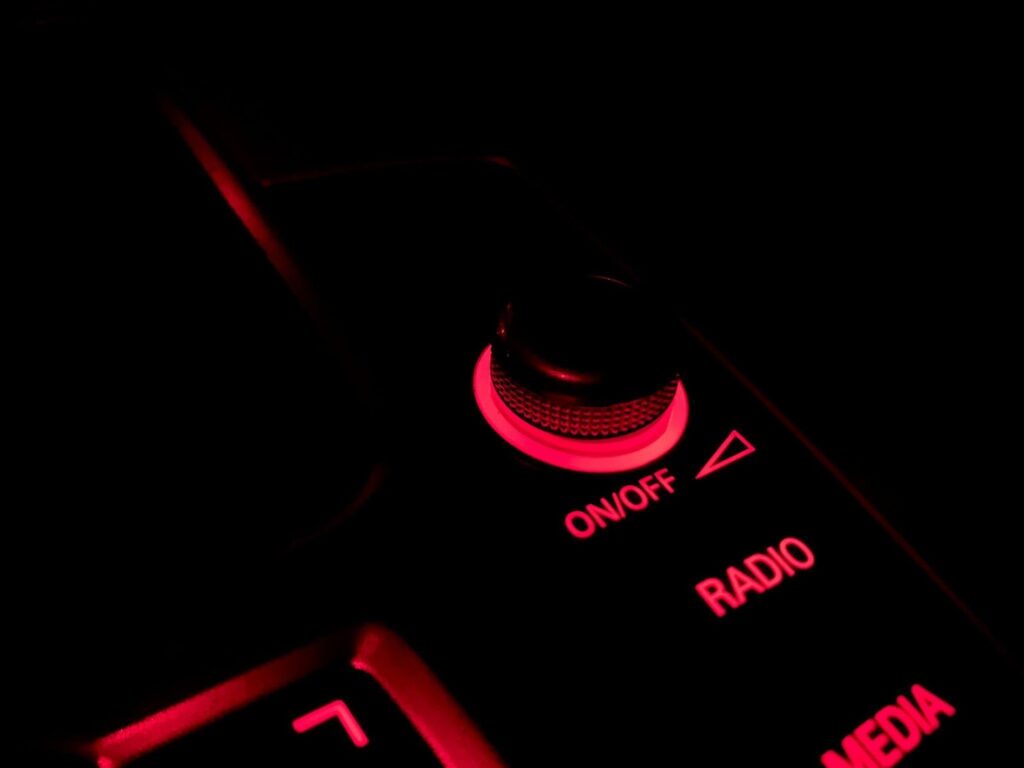Imagine driving your car through heavy rainfall or a dusty, salt-covered road; you depend on the reliability of your vehicle’s electronics in every situation. These delicate components face various threats, from moisture and corrosion to extreme temperatures and harmful chemicals.
That’s where parylene comes in. This remarkable coating offers multifaceted protection for modern automotive electronics, ensuring they remain operational and efficient under diverse conditions. Let’s explore the five critical ways parylene safeguards these essential systems, enhancing both performance and longevity in an ever-changing environment.
5 Ways Parylene Protects Modern Automotive Electronics
1. Moisture Barrier
Moisture can wreak havoc on automotive electronics, especially in humid or wet environments. When exposed to water vapor or condensation, electronic components are at risk of short circuits and corrosion. Parylene acts as an exceptional moisture barrier, enveloping sensitive parts with a protective layer that repels water.
This makes it invaluable for preventing moisture intrusion and related damage. By utilizing protective parylene applications, manufacturers ensure that your vehicle’s electronic systems remain reliable and functional regardless of external conditions.
Whether you’re driving through rain storms or experiencing high humidity levels, parylene coatings provide peace of mind by maintaining the integrity of your car’s essential electronics.
2. Corrosion Resistance
Corrosion is a persistent enemy of automotive electronics, especially when vehicles are exposed to harsh chemicals and road salts. Over time, these elements can infiltrate and degrade electronic components, leading to malfunctions and eventual failure.
Parylene coatings act as a robust shield against these corrosive agents. By providing an impermeable barrier, parylene prevents harmful substances from reaching the delicate electronics within your vehicle. This means longer-lasting performance and fewer repairs over the lifespan of your car.
For those who drive in challenging environments, such as coastal areas or places with heavy winter salt use, parylene’s corrosion resistance offers an extra layer of protection that’s tough to beat.
3. Thermal Stability
Automotive electronics are often subjected to extreme temperature variations, from the scorching heat of a summer day to the freezing cold of winter nights. These fluctuations can severely impact the performance and longevity of sensitive components.
Parylene stands out due to its excellent thermal stability, maintaining its properties even under extreme conditions. This means it won’t crack, peel, or degrade when temperatures soar or plummet.
By applying parylene coatings, manufacturers ensure that your vehicle’s electronic systems remain reliable no matter what the weather throws at them. Essentially, parylene provides consistent protection, helping your car’s electronics function optimally in both hot and cold environments.
4. Electrical Insulation
Proper electrical insulation is crucial for the safety and performance of automotive electronics. Parylene excels in this area, offering outstanding insulating properties that prevent unwanted electrical interactions between components. This is particularly important in vehicles with complex electronic systems, where even minor interferences can lead to significant issues.
By creating a stable and insulating barrier, parylene helps maintain the integrity of each electronic component, ensuring they operate as intended without disruptions.
This level of reliability is vital when it comes to essential functions like engine control, navigation systems, and safety features. In essence, parylene provides a dependable layer of electrical insulation that keeps your vehicle running smoothly and safely.
5. Chemical Resistance
Vehicles constantly encounter various chemicals, including oils, fuels, and cleaning agents. These substances can pose a significant threat to automotive electronics by causing degradation or malfunctions over time. Parylene offers exceptional chemical resistance, shielding sensitive components from these potentially damaging substances.
Its inert nature and robust barrier properties ensure that electronics remain unscathed even in chemically aggressive environments. By protecting critical parts from exposure to harmful chemicals, parylene helps maintain the performance and longevity of your vehicle’s electronic systems.
Whether you’re dealing with everyday spills or more challenging conditions, parylene provides an effective defense that keeps your car’s electronics safe and operational.
Parylene Can do A Lot to Protect Automotive Electronics
To ensure your vehicle’s electronics remain robust and reliable, consider the invaluable protection parylene offers. By safeguarding against moisture, corrosion, temperature swings, electrical interference, and chemical exposure, parylene can significantly extend the lifespan of your car’s essential systems.
Embrace the advanced technology that keeps your car running smoothly in any condition. Don’t wait until issues arise—proactively enhance your automotive electronics with parylene today.
Connect with a specialist to explore how this exceptional coating can benefit your vehicle and drive with confidence, knowing you’re protected.

